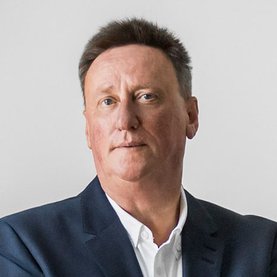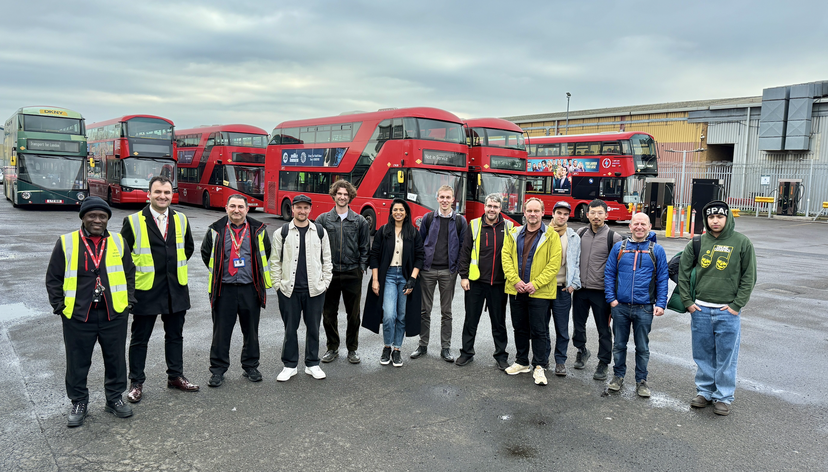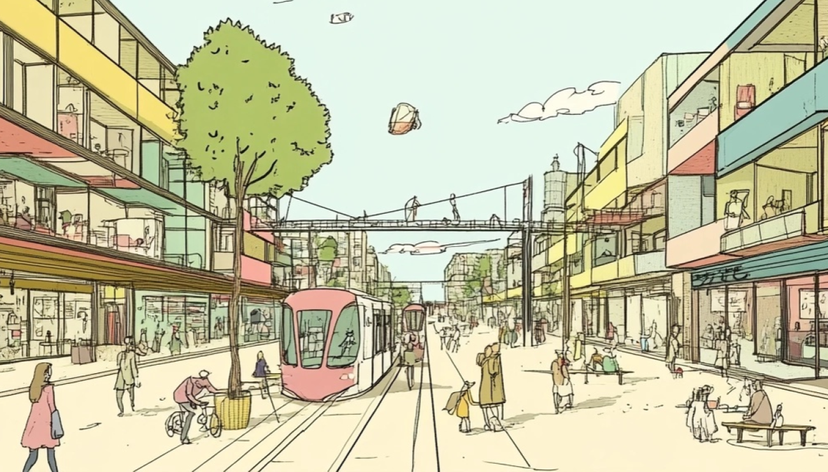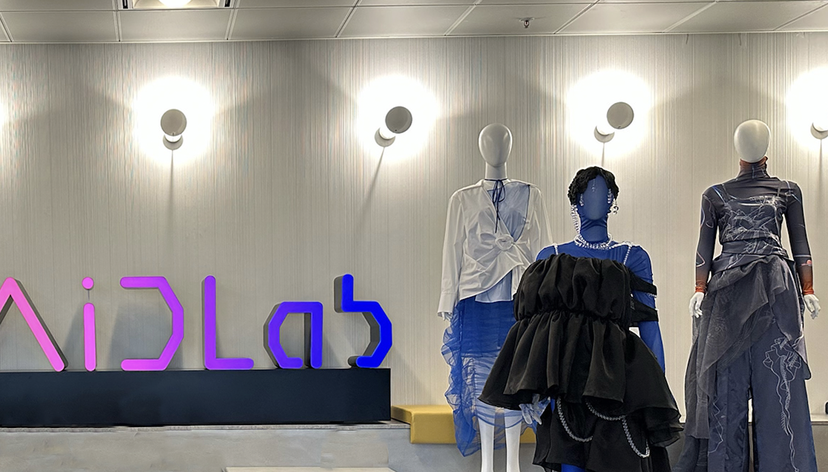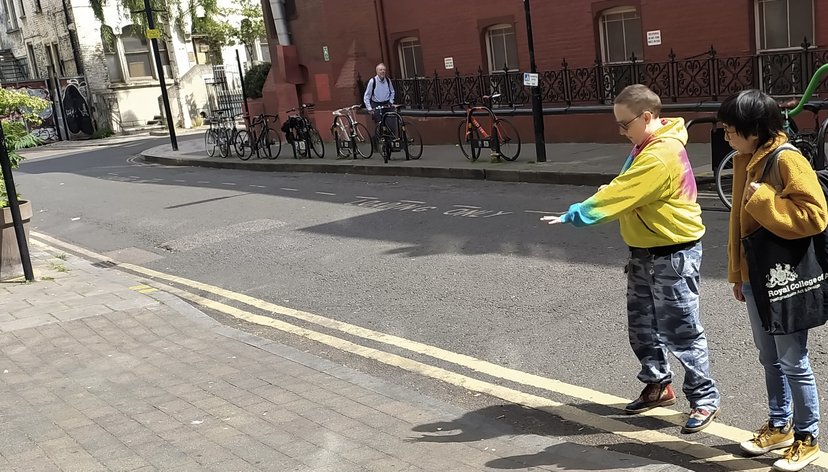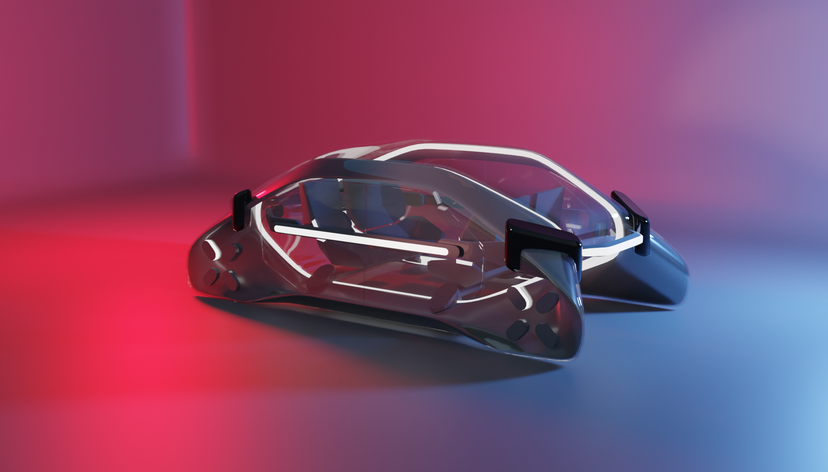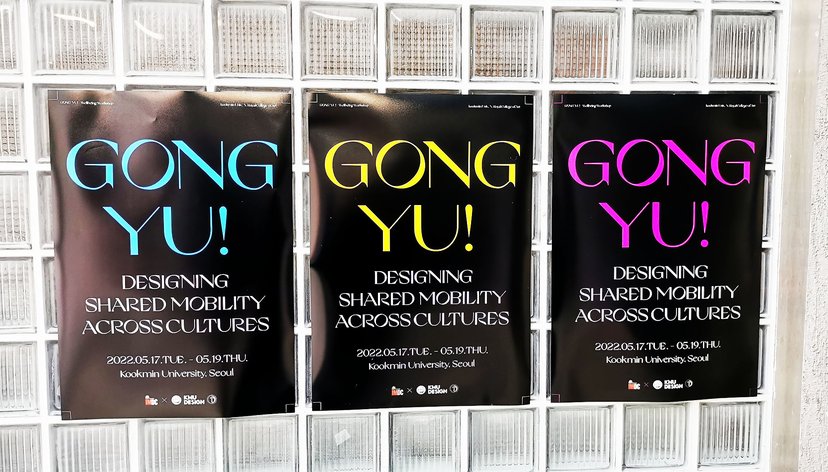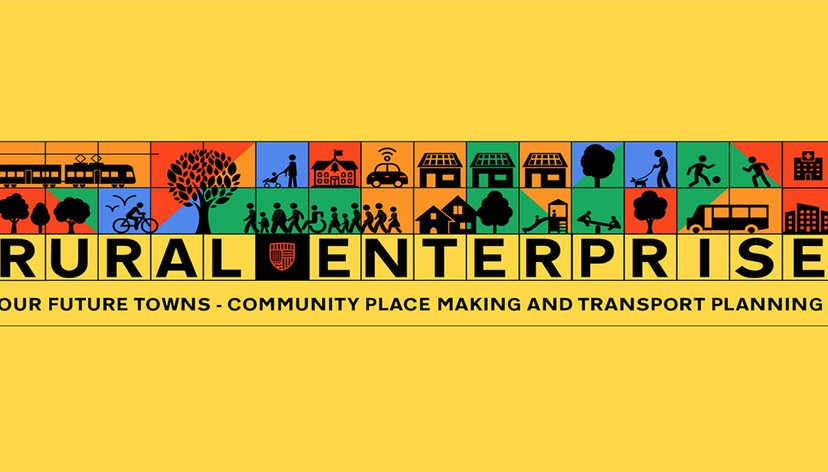
INFUZE is a multimillion pound project aiming to encourage people in Leeds to try an alternative to private vehicle ownership. It will ask communities across the city to help design bespoke mobility solutions.
INFUZE (Inspiring Futures for Zero Carbon Mobility) is based on the premise that new technologies and shared transportation could keep people mobile with far less energy and carbon than individually owned cars. This could include bus transport on demand, tailoring the sizing of the mode of transport according to need, and powered light mobility options such as scooters or two-seater electric vehicles. The project will eventually involve up to 400 households across the city in an effort to co-design and rethink the way people own and use cars.
The £7.8m plan is being led by the Institute for Transport Studies at the University of Leeds, along with research partners Lancaster University. It is funded by the Engineering and Physical Science Research Council.
It will eventually involve up to 400 households across the city and could lead to the creation of a national centre of excellence in low carbon alternatives to car ownership.
There are over 20 partners in the project, including Leeds City Council, West Yorkshire Combined Authority, the bike and scooter sharing scheme Beryl, Enterprise Car Clubs and First Bus. Together with the University of Leeds, they have contributed a further £1.5m to the research.
Key details
Gallery
More information
The challenge
Transportation is the largest contributor of carbon emissions in the UK, accounting for 23%.
In the UK alone, £57bn is spent annually on just owning, insuring and maintaining cars. Research shows, however, that these cars are on the move only 4% of the day and a third of cars do not move on any given day. Privately owned cars run an approximated 960 billion empty-seat miles every year.
Being locked-in to individual car ownership is a major contributor to the cost-of-living crisis.
The INFUZE researchers believe that if privately owned vehicles disappeared from our streets and people adopted shared vehicles, there would be a decline in carbon emissions, and households would save the money that is currently spent on car ownership. There would be more room for pedestrians and cyclists on our streets.
Five-year plan
The project will take place over the next five years, increasing in scope and scale as it progresses:
- Year 1 – researchers will talk to communities in Leeds that are already moving away from individual car ownership to find out what works and what is difficult.
- Year 2 – different models will be trialled in a small number of areas where residents are willing and where Leeds City Council is already planning improvements to the transport system.
- Year 3 – there will be an increasingly ambitious set of experiments in communities where residents want to take part - this could even include subsidising car club vehicles and buying people out of their car financing.
- Year 4 – the project will move to full area trials, which could include innovative road space reallocation experiments to respond to the changes that a shift to mobility on demand could unlock.
- Year 5 – the research will focus on how the experiences of communities in Leeds and the science developed in INFUZE could be adopted across the UK.



